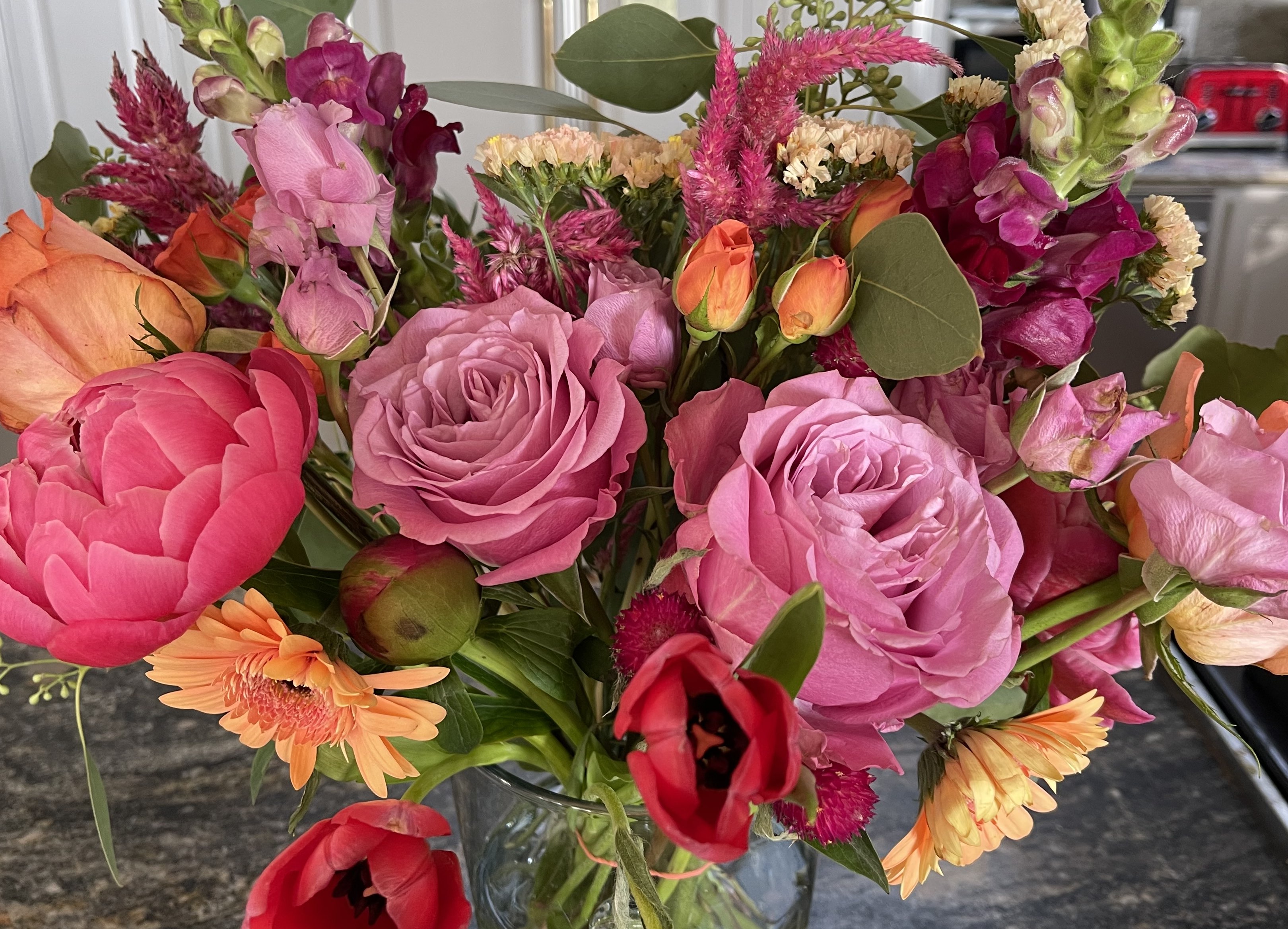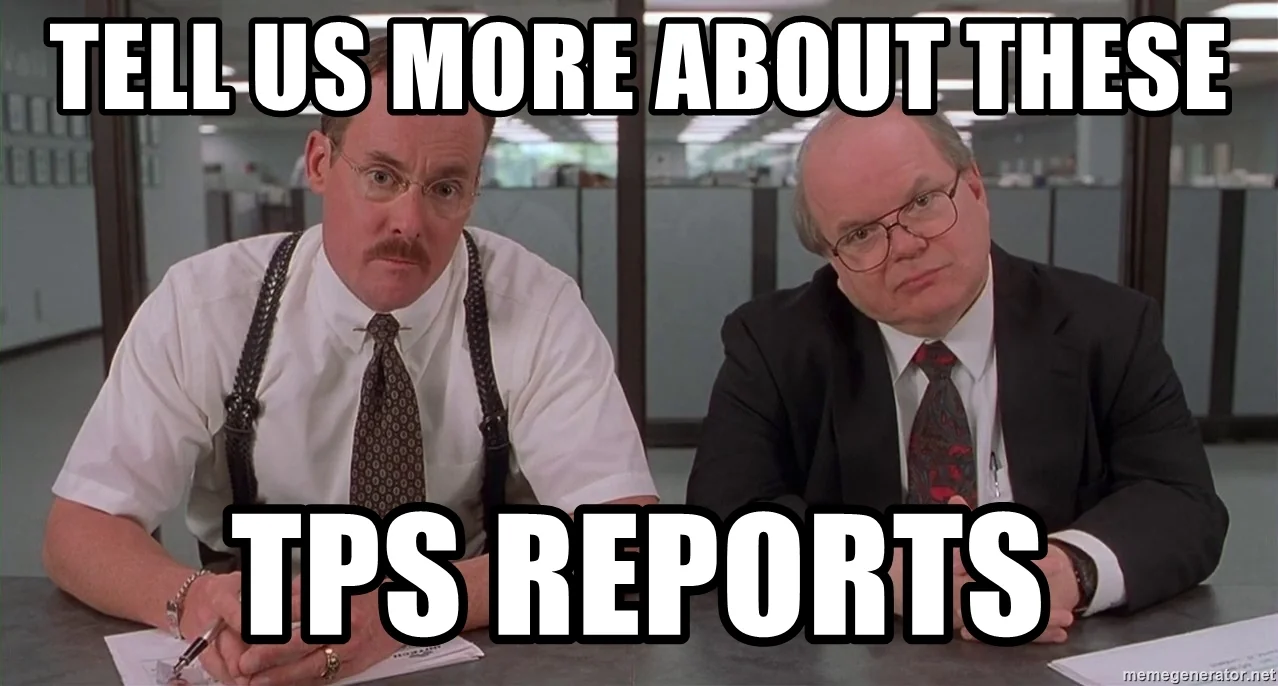My plan was to post weekly here. I have gotten caught up in current events. Ongoing police brutality - from unfair treatment to murder - has been going on for far too long and is the tip of an iceberg of subtle racism in our country. I’ve been reading, watching, learning, and listening. I’ve been incredibly grateful for so many black teachers coming forward (again) to generously share, educate, and help me understand what I have been blind to - understanding new language, concepts, and context beyond the blatant issues we’ve all seen.
Change is long overdue. I’m committed to being a better ally, not just in the heat of this moment, but over a long term. This is a time to question our beliefs and assumptions. It’s a time to examine our past actions and biases. When our unexamined stories become what we accept as “normal” or “what has to be” we eliminate any new possibilities for justice, equality, and liberation.
In my coaching practice, I work with the bodies, emotions and language of my leadership clients. This has been incredibly important over the past few weeks as we reshape our language with new words and new concepts to be expressed. We experience strong emotions about brutality against black people, ongoing protests, and - sometimes surprisingly - about the possibility of what might be able to be created next. Language and emotion are the most familiar domains as we consume media that is charged and highly emotional. We can change policy and create strategies or reforms, but that’s working with the realm of the mind only. How can we connect our lived reality with our bodies and the stories held there?
Of course we can use our bodies to stand up, protest and vote, but our bodies also hold negative experiences that keep us constricted in fear and living out old stories. Our bodies hold traumatic experiences in a way we rarely discuss.
The podcast On Being with Resmaa Manakem has been one of the more powerful things I’ve heard. This conversation takes a wider point of view about how we can move forward. In the discussion, he unpacks the impact of trauma in bodies during times like this. Not only trauma from our personal experiences, but also how trauma is passed down through generations.
When we’re talking about trauma, when we’re talking about historical trauma, intergenerational trauma, persistent institutional trauma, and personal traumas — whether that be childhood, adolescence, or adulthood — those things, when they are left constricted, you begin to be shaped around the constriction. And it is wordless. Time decontextualizes trauma.
Trauma decontextualized in a person looks like personality.
Trauma decontextualized in a family looks like family traits.
Trauma in a people looks like culture.
- from On Being with Resmaa Manakem
He proposes real change starting with creating safety in our bodies. This domain of the body is something we squirm away from preferring intellectualized distance. However, it’s also a portal to deeper understanding and change. How does new language and new terminology land in our body? How much change can we actually create while ignoring the body?
Give this a listen or read the transcript.
https://onbeing.org/programs/resmaa-menakem-notice-the-rage-notice-the-silence/
In my next post, I’ll share why I think being attuned to language, emotion and body are critical for leaders and managers today.











